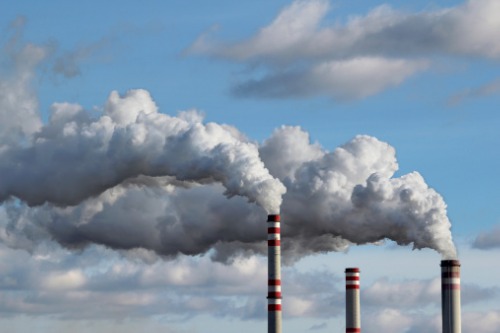

The Climate Change Response (Zero Carbon) Amendment Bill has been introduced to parliament, and general insurance companies have expressed their support for the legislation.
The bill includes a target to reduce all of New Zealand’s greenhouse gas emissions to “net-zero” by 2050, except biological methane. It also creates a legal obligation on the government to plan for how it will support New Zealand towns and cities, businesses, farmers, and the public to adapt to the increasingly severe storms, floods, fires and droughts we are experiencing as a result of climate change.
“We’re especially pleased to see that bill will place a legal obligation on the government to support adaptation initiatives,” Insurance Council of New Zealand (ICNZ) chief executive Tim Grafton said. “Mitigation is simply not enough on its own; even if all carbon emissions ceased today, we would still be dealing with the effects of a changing climate for years to come.”
Read more: Insurers respond to Auckland’s rising seas
ICNZ said general insurers are committed to working with the government on understanding and adapting to risk in order to reduce the cost climate change has for communities and New Zealand more broadly. It noted insurers have a lot of knowledge around the risks climate change poses.
Meanwhile, one of New Zealand’s largest general insurers IAG described the introduction of the bill to parliament as a as a milestone, noting the country grapples with the issue of adapting to the consequences of climate change.
“The government is not just focussed on the target of keeping climate change below 1.5 degrees, it is also taking firm action to ensure New Zealand is ready to adapt to the climate change that is coming at us,” IAG NZ chief executive Craig Olsen said.
“With these sea level rises come increasing risks from storms and coastal inundation, as well as the increased risks of ever higher water tables and sunny day flooding,” Grafton said.
“[W]e need to be ready for that challenge,” Olsen noted.
ICNZ suggested adaptation actions can include improving infrastructure such as stormwater systems; moving properties away from coastal areas and floodplains and not consenting new properties in these areas; and building new residential and commercial buildings to be more resilient to a changing climate.
“Failing to adapt will cost us greatly and the longer we delay, the more that cost will increase,” Grafton said.
Olsen added IAG is committed to reducing climate change and supporting adaption. It pointed to a Climate Leaders Coalition workshop, which the insurer hosted in Auckland last month.
“I mentioned at the end of this event that when it comes to climate change in New Zealand, we can’t rely on the old adage ‘she’ll be right’. She actually won't be right, we need to take action,” Olsen added.
